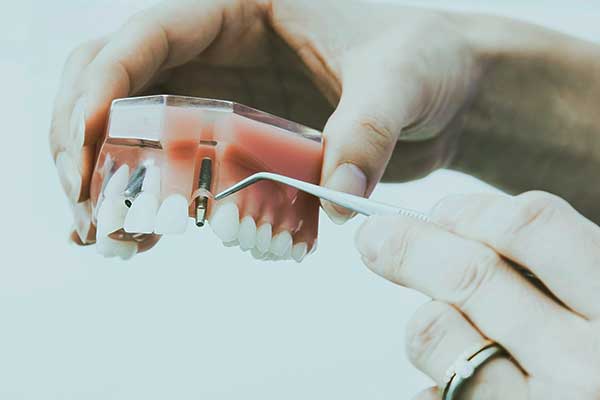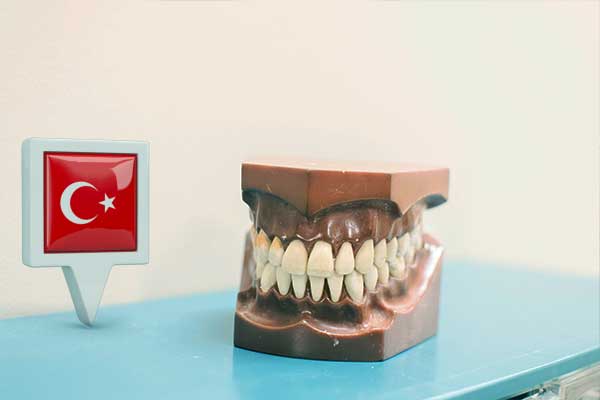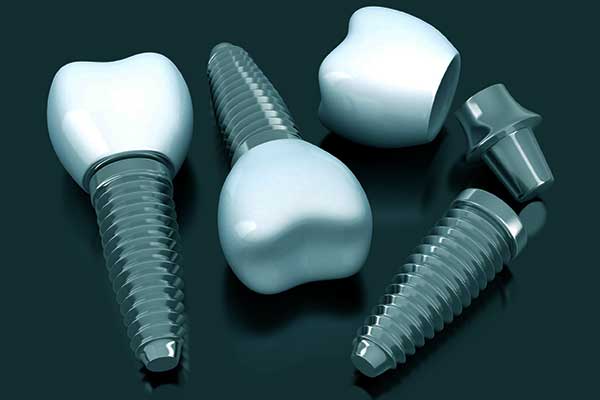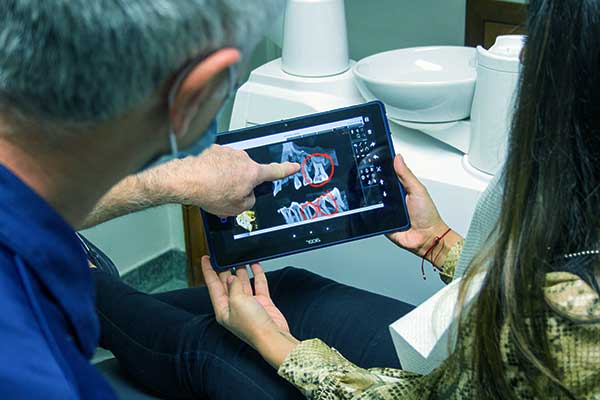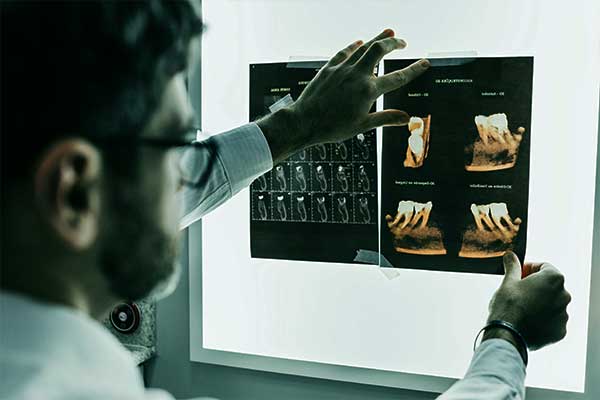Navigating Airport Security with Dental Implants: What You Need to Know
Dental Implants vs. Airport Security
Travelling through airport security can sometimes feel like walking a tightrope, especially when faced with the uncertainty of whether your dental implants will trigger the metal detectors. As dental professionals, we frequently encounter this concern from our patients, prompting us to delve deeper into the intricate relationship between dental implants and airport security protocols.
We provide the exceptional service we’d want to experience ourselves!
Get offers for dental treatment prices in turkey
BEFORE&AFTER PHOTOS
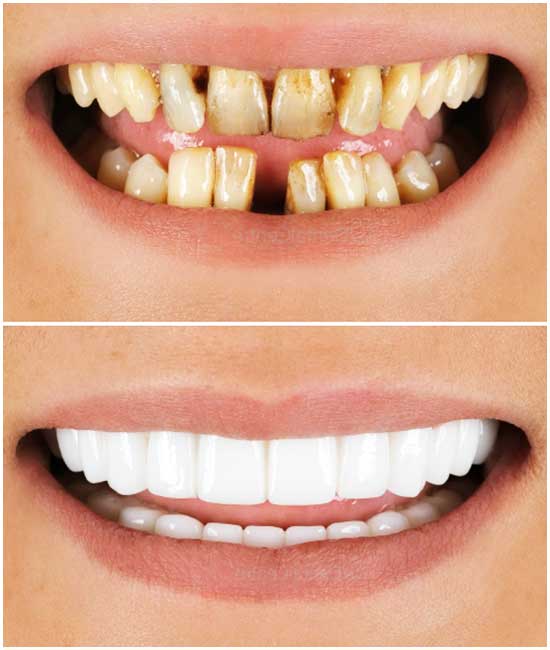
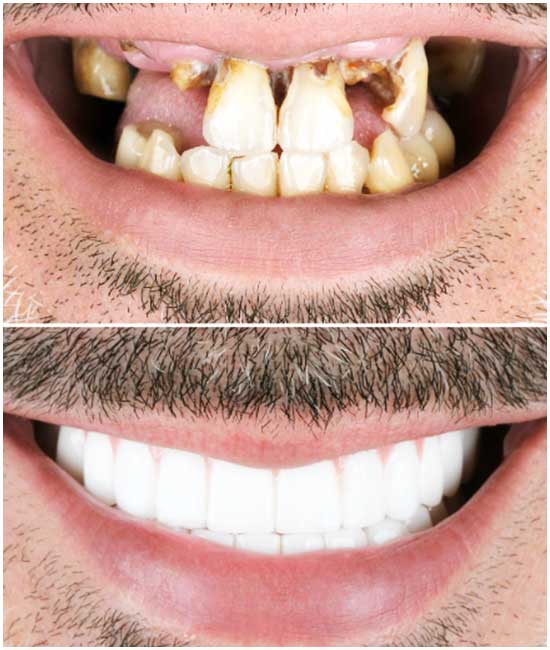
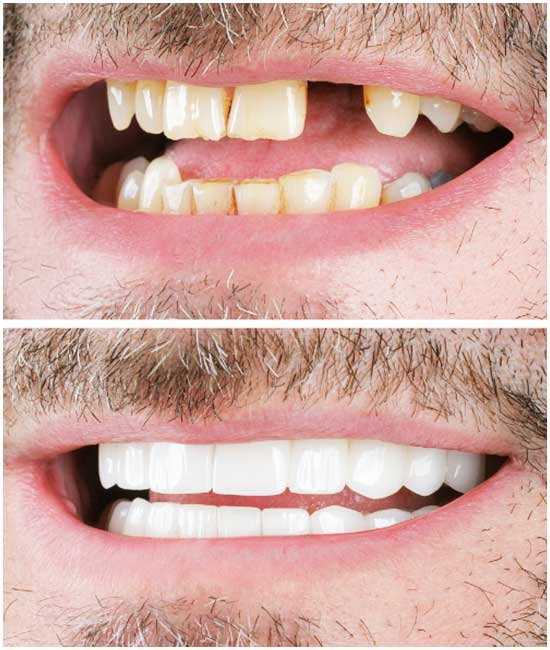
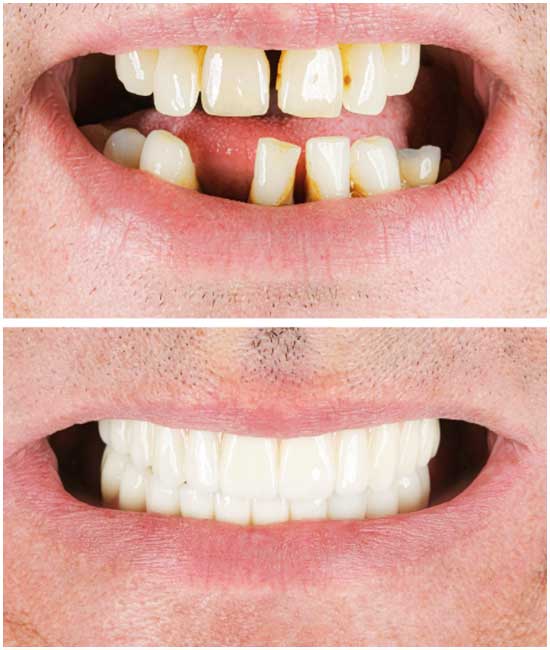
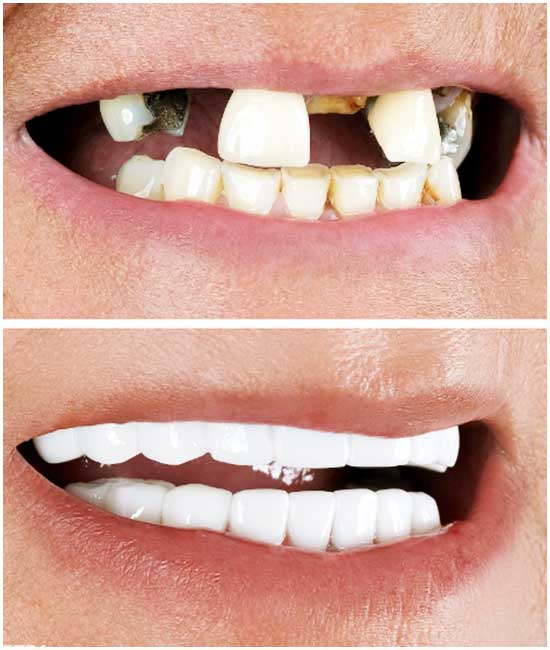
Understanding Airport Metal Detectors
The ubiquitous metal detectors stationed at airport security checkpoints are designed to detect metallic objects that may pose a security risk. However, the sensitivity settings of these detectors can vary from one airport to another, with some configured to detect even the smallest traces of metal.
It’s worth noting that metal detectors can be triggered by innocuous items such as foil wrappers, hairbands, and other everyday objects containing metallic elements. Therefore, the likelihood of dental implants setting off a metal detector hinges on several factors, including the detector’s sensitivity and the composition of the implant material.
The Role of Titanium in Dental Implants
Dental implants are typically crafted from titanium, a lightweight and durable metal renowned for its biocompatibility and strength. Unlike ferromagnetic metals such as iron or nickel, titanium is non-magnetic, meaning it does not interact with magnetic fields or trigger alarms in most standard metal detectors.
However, the detection capabilities of airport scanners can vary, and some may be calibrated to detect even trace amounts of titanium. While dental implants are relatively small in size, the possibility of detection cannot be entirely discounted, particularly if the scanner’s sensitivity settings are finely tuned.
Navigating Security Procedures
In the event that your dental implants do set off a metal detector, there’s no cause for alarm. Simply inform the security personnel that you have dental implants, and they will typically conduct a secondary screening using a handheld scanning device. This handheld scanner allows security personnel to pinpoint the source of the alarm without requiring you to undergo a pat-down search.
While the prospect of triggering a metal detector may seem daunting, it’s essential to remember that dental implants are medical devices designed to enhance oral health and quality of life. Security personnel are trained to distinguish between harmless medical implants and potential security threats, alleviating any concerns about unnecessary scrutiny or inconvenience.
FAQ about Navigating Airport Security with Dental Implants
1. Can you go through airport security with dental implants?
2. Does the implant go off in airport security?
3. How do people with metal implants get through airport security?
4. Do titanium implants beep at airport security?
5. Do orthopedic implants set off metal detectors?
6. Will stainless steel implants trigger airport security?
Conclusion: Confidence in Dental Implants
In conclusion, the likelihood of dental implants triggering airport metal detectors is minimal, thanks to the non-magnetic properties of titanium. While occasional instances of detection may occur, security personnel are well-equipped to handle such situations with professionalism and discretion. Therefore, travellers with dental implants can embark on their journeys with confidence, knowing that their oral health enhancements will not compromise their airport security experience.
